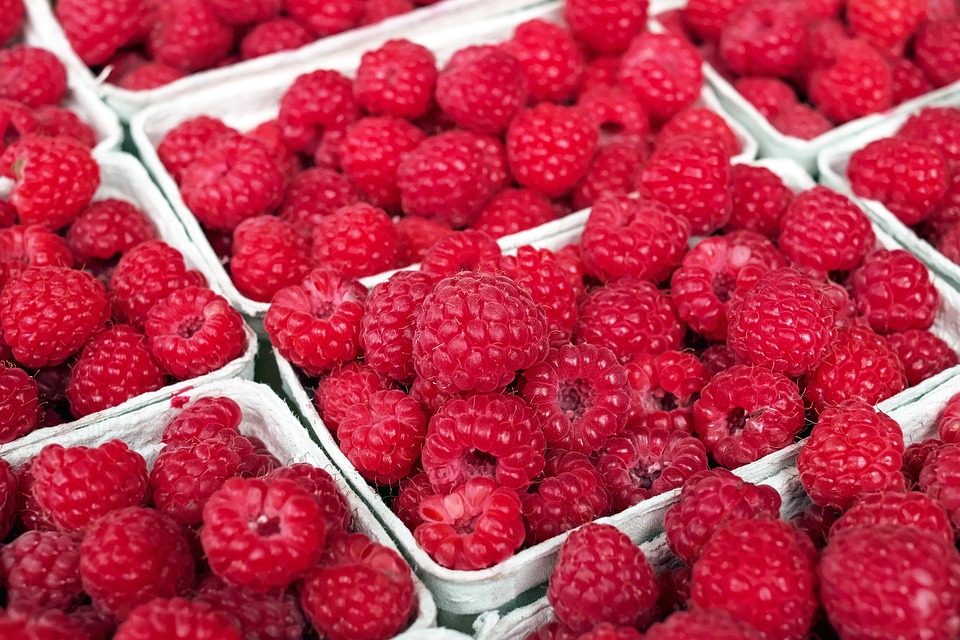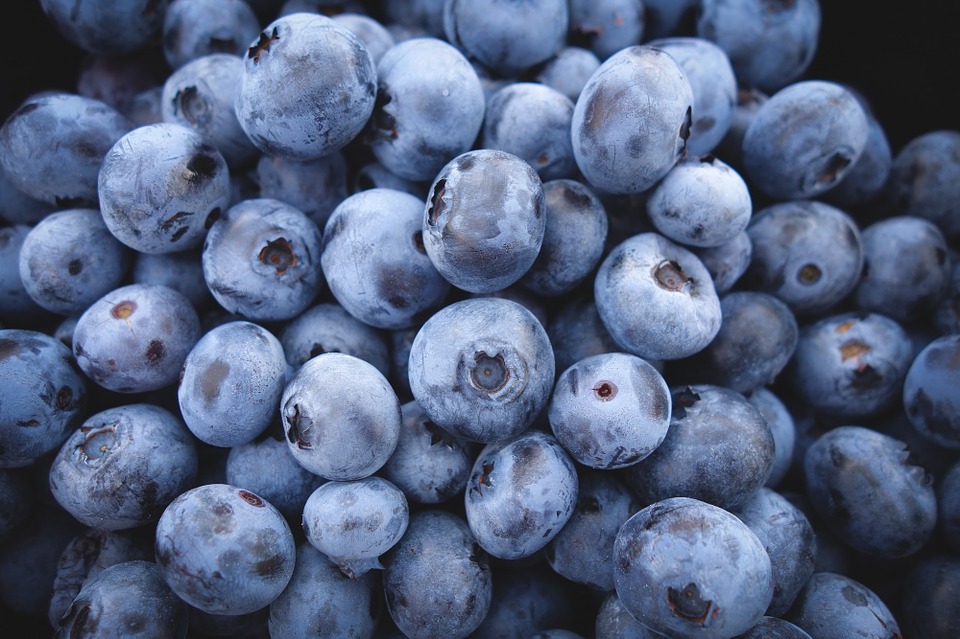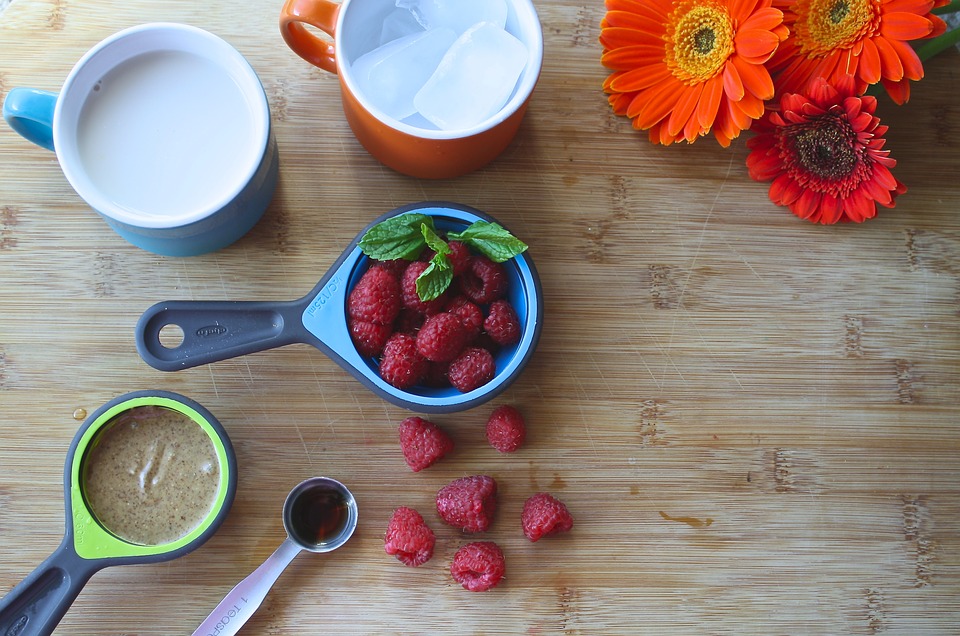The Best Antioxidants for Your Summer Skin – Atsdeal
Sunlight, particularly extended contact with the sun’s rays, can cause untold damage to your skin in all four seasons. You may not be as aware of the sun during winter, spring, and fall, as in summer, but you still need to protect your skin from sunburn and damage during those cooler months.
When summer hits, you may have to really put those antioxidants to work for you. As sunburn can cause extreme dehydration on top of regular seasonal issues, it is important to stay on top of your daily skincare routine. Even carrying an antioxidant-rich Hydrating Mist in your handbag for a quick burst of moisture can make an enormous difference to the health of your skin.
Antioxidants like Vitamin A, Vitamin C, and Vitamin E assist in slowing down cell damage; they act as cell protectors to counteract the effect of oxidation. They help fight free radicals, preventing them from damaging the skin cells, and they assist with issues like sunburn. As antioxidants become oxidized, it is important to replenish your supply.
You can get the antioxidants your body craves in a couple ways. You can consume antioxidant-rich foods like acai berries, goji berries, and chia seeds, which have fabulous antioxidant properties for your skin. Alternatively, you can use external beauty products containing powerful antioxidants. Opting for both can fast-tracks your skin on the road to good health.
With so many antioxidant-rich products on the market, it is easy to get confused. Think about it in the same way you think about food. You don’t just eat cauliflower, but not apples; or strawberries, but not broccoli. You eat a balanced variety of healthy fruits and vegetables that provide different vitamins and minerals to your body. Therefore, seek out an array of external antioxidant products for the ultimate in healthy skin care, and to heal any skin issues you may be experiencing.
1. Vitamin E
Vitamin E (tocopherol) is an antioxidant that is present in the skin and found in various foods, such as vegetables, seeds, and meat. It helps the skin look younger by boosting collagen production and, in turn, reducing the appearance of fine lines, wrinkles, and age spots.
Unlike other vitamins, skin derives its benefits from vitamin E better through topical treatments than through oral supplements. Vitamin E is available in two forms: alpha-tocopherol (alcohol-based) and alpha-tocopherol acetate. The latter does not penetrate the skin as easily, so make sure you’re reading the labels closely to get maximum benefit of the vitamin E.
2. Lycopene
Lycopene, a powerful antioxidant, is a carotenoid found in red fruits and vegetables. It is, in fact, responsible for their red color. In addition to being a healthy choice for your diet, it’s a great choice for improving skin texture because it promotes collagen production and reduces the DNA damage that leads to wrinkles. To get the most benefit from this powerful antioxidant, you can either take a daily supplement, or look for skin care products that contain it in topical formulas (lycopene is easily absorbed by the skin).
3. Green Tea
Green tea has become one of the new age food heroes – a helpful ally in preventing everything from heart disease and cancer to skin aging and weight gain. The full range of health benefits may take decades to define, but research on its impact on human skin is reasonably well developed.
The secret ingredients are chemicals called catechins, which are antioxidants that can clear cell damage on the skin and repair wrinkles, blemishes or other impurities. When applied to the skin, green tea can reduce sun damage by reducing inflammation and tackling free radicals. (It doesn’t block UV rays.) When choosing a tea, it’s helpful to know that green tea has over five times the amount of catechins as black tea.
4. Coffee Berry
As an ingredient in anti-aging formulas, coffee berry prevents collagen damage, reduces wrinkles, and protects the skin against damage. It also has anti-inflammatory properties, which can lessen the appearance of fine lines and wrinkles, leading to more youthful looking skin.
5. Grape Seed
Grape seed is extracted from vitis vinifera and is rich in proanthocyanidins, which belong to the flavonoid family. Proanthocyanidins are potent antioxidants with strong free radical scavenging activities. Grape seed extract has been shown to be an even stronger scavenger of free radicals than vitamins C and E.
6. Genistein
Genistein is an isoflavone derived from soybeans with the capacity to inhibit UV-induced oxidative DNA damage. Genistein, either topically applied or orally supplemented, was shown to effectively protect human skin against UVB-induced skin photo-damage.
7. Vitamin C
Vitamin C (L-ascorbic acid) is an essential nutrient that can only come from the healthy fruits and vegetables that contain it. Vitamin C is usually touted for its cold-fighting power, but it’s also under study for its impact on preventing and reversing aging skin.
It works in two ways: as an antioxidant, as well as a booster of collagen formation – both of which are important to preserving and maintaining skin’s youthful appearance. However, boosting your intake of vitamin C-rich foods does not appear to impact your skin to any measurable degree, so cosmetic companies are hard at work to study whether it can be absorbed through the skin directly via topical creams and lotions.







